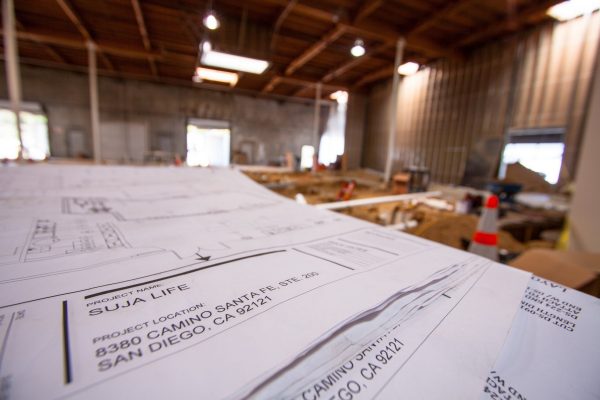
Properly planning for a construction project is a tremendous undertaking, and should be left to the professionals to properly set expectations including unforeseen hiccups that may occur.
There is no way to be one hundred percent prepared for the realities of a construction project. Contractors may encounter changes in site conditions and need to adjust plans, or there might be sudden shortages in important building materials. But an experienced construction manager can make the plan as watertight as possible. Here are four phases in preparing a budget that ensures the project remains on target.
Analysis and Discovery
The construction manager will begin by compiling the project team – it takes more than one person to create the budget. An understanding of the owner’s overall cost structure is critical, so at least one member of the team must adequately represent that point of view. Funding for the project should be secure and well-established. Construction projects are expensive, so being prepared to withstand overruns without breaking the bank is essential. It is crucial to research and analyze the goals and requirements of the project – know the what and why of the project before starting on the how. Once the construction manager has laid out the purpose of the project, planning the specifics of the scope begins. The site is evaluated, as well as any existing documentation. The project’s resources and limitation are assessed – to ensure that the project team works within them. Lastly, knowledge of the specific safety and code requirements, and any permits that will need to be proceede is essential.
Design and Development
After the logistics of the project have been set, the scope of the project is determined. In this phase, the architects and design consultants are brought in to draw upon their expertise. The construction manager will work with the project team and outside consultants to create a list of required materials and determine their potential costs. For example, having an experienced engineer provide an estimate for the overall project will enable bids to be evaluate from multiple contractors when it comes time to choose one.At the end of this phase, the budget and timeline are finalized and the requests for proposals are issued to potential contractors.

Documentation and Pre-Construction
Once the budget and timeline are approved, it is essential that all decision-makers understand the project and are prepared to move forward with it. Before breaking ground, all stakeholders should meet to discuss the project, assess any potential issues and work to resolve them. This reduces risk from the start and helps keep the project budget and timeline firmly on track. Construction managers keep all documentation for permits, regulations, deliverables and contracts organized and are prepared to submit all necessary paperwork to ensure permits have been cleared before the work is scheduled to begin. During pre-construction, everything should be properly documented and the site visits made frequently to ensure everything is proceeding smoothly and according to the planned schedule.
Construction and Closeout
Lastly, the project is underway! The build should be monitored closely to ensure progress is as close to the projected schedules and costs. Even the best-laid plans will encounter hurdles, though the hard work completed in the first three phases should minimize them. The construction manager keeps a detailed change order log to ensure that when changes need to be made and will be able to identify problems ahead of time to develop workarounds. Undertaking a construction project is a daunting task, especially if it’s not one’s particular area of expertise. Having an experience construction manager can help alleviate the stress and maneuver owners through the process.
At Creative Builds, we have a proven record of completing commercial construction projects on time, on budget and with the highest quality standards, and have extensive experience in the commercial construction market. Our process works, but we’ll let our projects speak for themselves!
